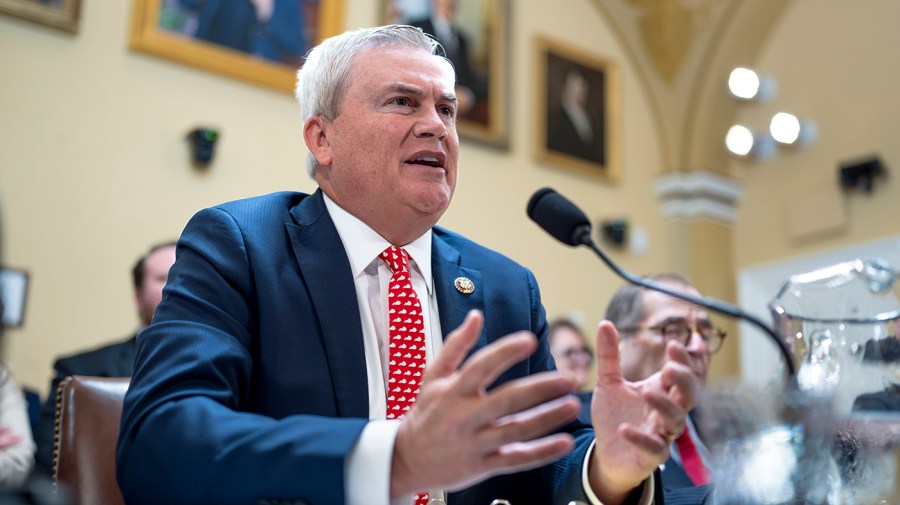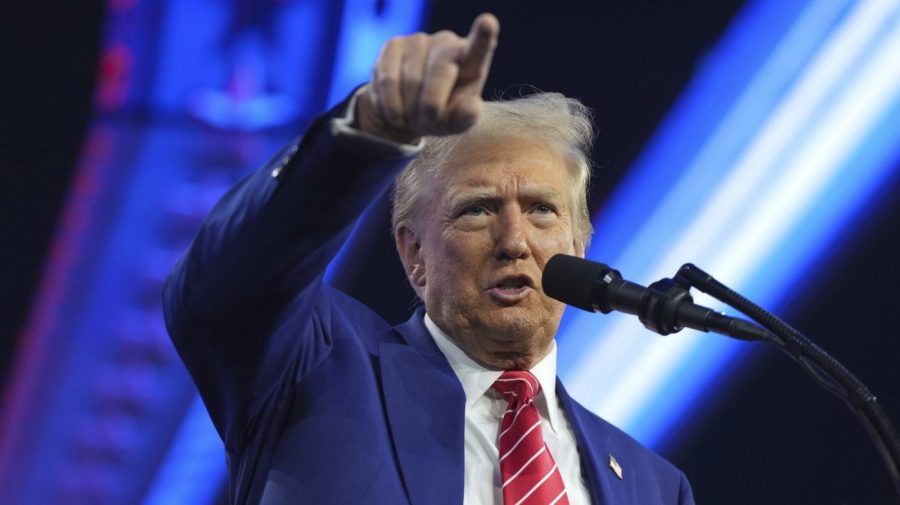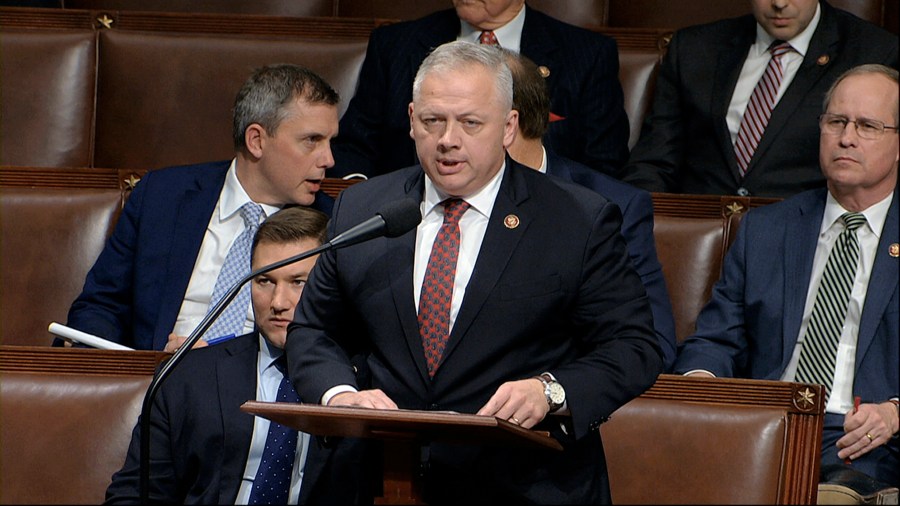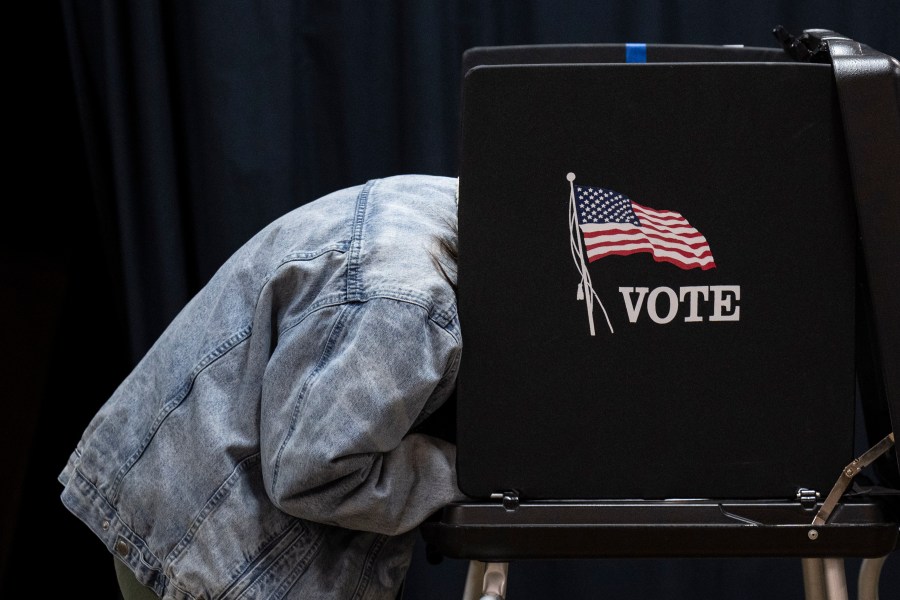
Requiring federal workers to return to office will be hard: Comer
(NewsNation) — President-elect Donald Trump has warned federal employees who have been working on a remote basis that if they want to keep their jobs, they will need to return to their given office spaces.
However, forcing government employees back into the office may not be as easy as threatening them with termination, a Republican lawmaker tells NewsNation.
U.S. Rep. James Comer, R-Ky., said he anticipates that as the newly formed Department Of Government Efficiency (DOGE) prepares to tackle government waste, a downsizing of the federal workforce may be required.
Trump’s campaign promise to force federal workers back to the office comes at a time when 17 of the 24 federal office buildings in Washington are at 25% capacity or less, according to a report released by the Government Accountability Office in the fall of 2023.
The study found that the government spends an estimated $2 billion per year maintaining the office space and an additional $5 billion per year to lease it.
However, as Trump pushes to force workers back into the office, Comer, the chairman of the House Oversight Committee, told NewsNation that many government employee contracts include clauses that allow for remote work on a hybrid or full-time basis.
Trump said earlier this month that he plans to do away with a waiver that he said President Joe Biden provided federal employees to work from home. He said that if needed, his administration would fight the waiver in court to force workers back to the office.
“If people don’t want to come back to work, come back into the office, they’re going to be dismissed,” Trump said.
Comer told NewsNation that enforcing such a threat won’t come without a legal challenge from the unions representing federal employees.
“This will probably head to court. But in the court of public opinion, I think the people that work hard every day and have to go to work and pay taxes, I don’t think they’re very happy with the fact that such a high percentage of the federal workforce is working from home,” Comer told NewsNation. “And they’re not held accountable like the employees who work for the federal government, who have to go to the office every day.”
Although the government is spending billions each year on physical office space, experts maintain that the solution DOGE is seeking doesn’t come by filling government-leased buildings with federal employees. Comey told NewsNation that in addition to closing down excessive federal offices, more attention needs to be paid to the workforce itself.
Elon Musk and Vivek Ramaswamy, who have been tasked with heading up DOGE, have suggested that they would like to eliminate 25% of the federal workforce. However, Comer, who believes employees are more responsive and efficient in the office than they are from home, says that rather than eliminating jobs, the priority should be determining what government employees actually do.
The New York Times reported that of the 2.3 million civilian workers working for the government in May, 1.1 million were eligible for telework, and about 228,000 were eligible for entirely remote work.
“Some of them haven’t been seen since prior to COVID,” Comer said. “We’ve got to bring them back, and I would like for every employee to have to explain to some competent person exactly what their job entails and what their day looks like working from home.”
As DOGE prepares to get to work, Comer said that federal officials need to find a balance when it comes to what the work environment for many of these government employees looks like.
“The bottom line is, we have too many federal employees, the taxpayers cannot continue to pay them good federal benefits: the long-term pensions, the long-term health insurance, in addition to the just the everyday payroll,” Comer told NewsNation. “The taxpayers cannot put this burden anymore, and we’re going to have to get more efficient.”



